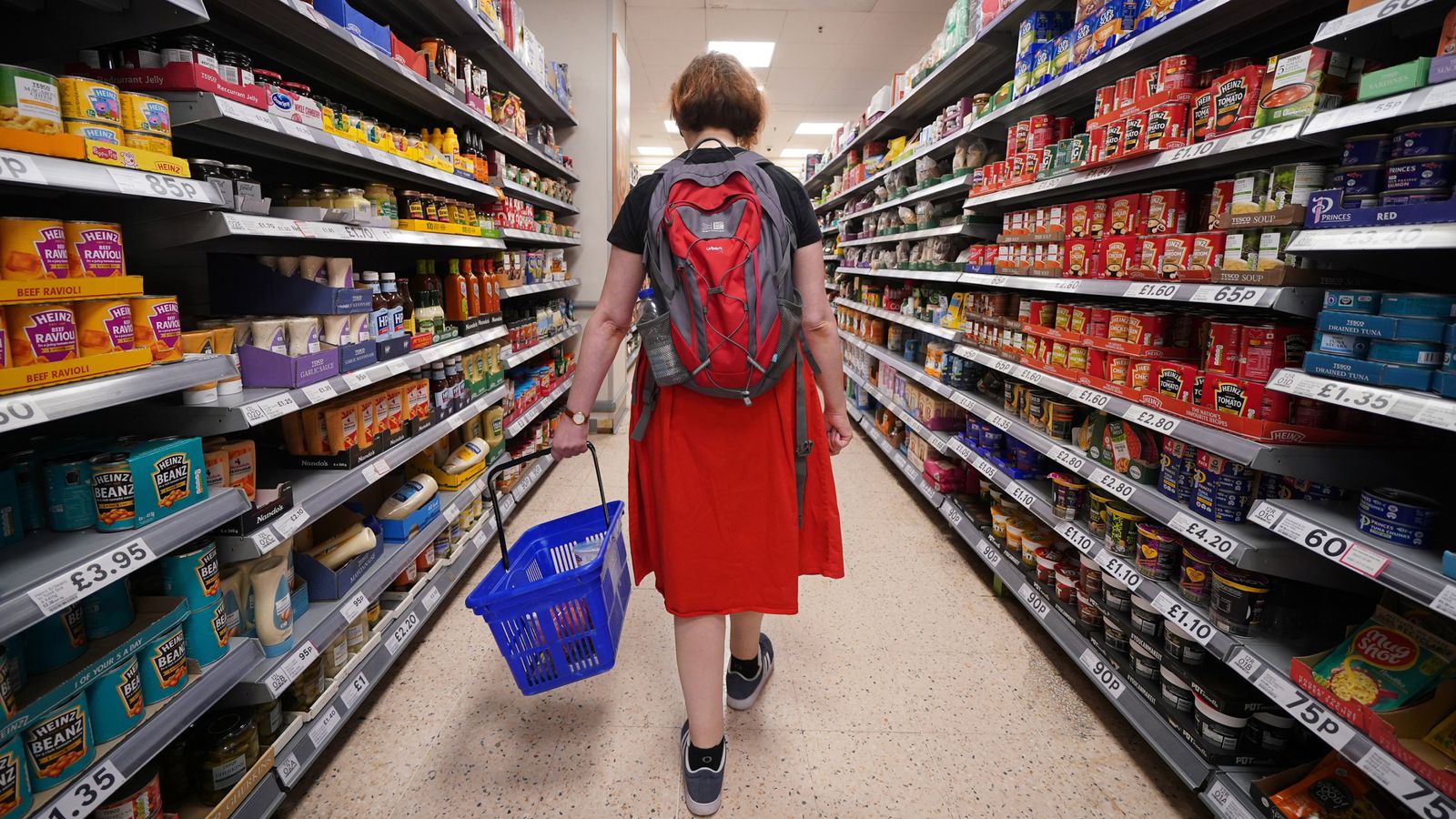Border checks on food and plant imports will add billions of pounds to the cost of doing business with the European Union, industry figures have warned.
From today European imports considered a “medium risk” to UK biosecurity will face physical inspection as part of a new border regime introduced almost eight years after the Brexit vote, and delayed five times in two years.
Plant and animal inspectors will examine a proportion of imported goods including fresh meat, fish, and dairy produce, a process that importers fear will disrupt supply chains, particularly for time-critical fresh goods.
The physical checks come three months after the introduction of new documentation for imports, including health certificates that require vets and plant inspectors to sign off consignments.
With importers also facing a charge for each consignment that comes into the UK irrespective of whether it is stopped for inspection, the government admits it will add more than £330m to annual business costs, and add 0.2% to food inflation over three years.
Read more
A crisis of trust in our politics spells trouble for the government
EU proposing post-Brexit joint youth work and study scheme with UK
The Cold Chain Federation, which represents cold and frozen goods importers, believes government estimates are low, and puts the cost in billions.
“We think there’s going to be a billion pound’s worth of extra cost put onto food coming through Dover port alone, if you expand that to the rest of the country you’re looking at all sorts of money, so it won’t be 0.2%, it will be substantially more than that and the consumer will see that increase,” chief executive Phil Pluck told Sky News.
“Restaurants, delicatessens, fish and chip shops could well be affected by what’s currently happening today and the consumer, in the very near future will start to see some of those food products going up in price.”
The government insists the checks are necessary to keep food and plant-borne diseases including African swine fever out of the UK, and the cost of introducing the checks is “negligible” compared to the impact of a major disease outbreak.
Christine Middlemiss, the UK chief veterinary officer, said: “Now that we’re out of the EU and we can have our own biosecurity regime, we treat independently with other countries around the world so it’s important we’re managing our own biosecurity risks at the moment we’re at medium risk of incursion of a disease called African swine fever which is present in Germany and Italy and a number of countries in Europe.”
Smaller independent food importers fear they will be disproportionately affected by the new border regime as they lack the scale to mitigate costs or set up European subsidiaries to handle the process.
Stefano Vallebona came to the UK 40 years ago from Sardinia and began providing London’s top restaurateurs with high-quality European produce. He says the new red tape will discourage small suppliers from doing business with the UK and ultimately reduce choice.
“All the pasteurised cheese, they already have extra European certificates, and when you talk to suppliers they’re not so keen, probably because they’re too small, because it’s new and it’s time consuming, so we’re going to have less speciality products.
“We will have less interesting cheeses, less interesting meats, and probably more power to the supermarkets and less to independents because it’s going to be harder.”
Read More:
New border controls to cost businesses £330m a year
Why meat, fish, cheese and dairy products will cost more
European importers say the health checks are of limited value as they replicate the EU processes that the UK helped create for four decades, and have lived with for the last eight years without any additional processes.
Piotr Liczycki, managing director of Polish haulage firm Eljot International Transport, which specialises in meat imports, estimates his customers will pay around £1m in fees to the UK government this year.
“Nobody can explain what’s the difference between midnight and when the Brexit rules start up. It’s completely the same stuff, from the same factory, with the same quality, nothing has changed,” he told Sky News.
“Polish groups and poultry plants are wondering why the UK government didn’t enforce a solution like we have with Japan, or South Korea. You send us a couple of officials from Defra, they check the plant, do inspection, and say this plant is compliant with all our regulations so we give you permission to send goods for six months or a year.”
Cabinet Office minister Baroness Neville-Rolfe said: “It is essential that we introduce these global, risk-based checks to improve the UK’s biosecurity. We cannot continue with temporary measures which leave the UK open to threats from diseases and could do considerable damage to our livelihoods, our economy and our farming industry.”


